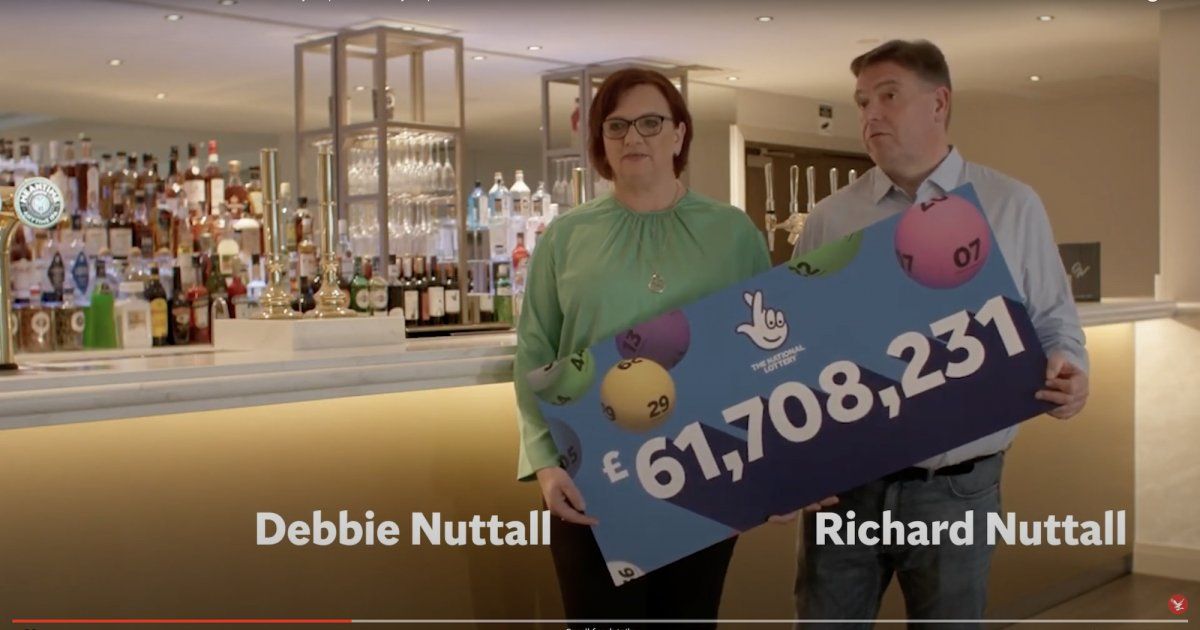The cubans They were voting on Sunday to elect the 470 parliamentarians who will represent them in the National Assembly, in a closely watched election that is seen as a referendum on government at a time of deep economic crisis.
At 11:00 a.m. ET, 42% of Cubans had voted, according to the National Electoral Council (CEN).
The Cuban government, overwhelmed by shortages, inflation and growing social unrest, has encouraged unity in Sunday’s ballots, asking citizens to vote in a broad show of support for the leaders.
Anti-government forces, mainly outside the island in a country that restricts dissident political expression, have encouraged the opposite, calling on Cubans to abstain and calling the elections a “sham.”
President Miguel Díaz-Canel, who voted early in Santa Clara, said that citizens should have the last word. “Some may put the difficult economic situation ahead of the will to vote, but I don’t think they are the most. The people will say the last word, but I trust our people,” he said.
The 470 candidates on Sunday’s ballot are competing for 470 seats. There are no opposition candidates.
A high abstention rate would not have an immediate impact on the election result, since the winners of the contest must receive more than half of the votes of those who decide to vote.
But political analysts say a low turnout rate is a sign of growing discontent with the one-party communist system of Cuba. Abstention has been on the rise on the island for several elections.
The 470 winning candidates, who will hold office for five years, will choose Cuba’s next president from their ranks, further raising the stakes in Sunday’s vote.
Polling stations close at 22:00 GMT and results are expected early next week.
Cuba does not allow independent international observers to monitor the country’s elections.
kg


